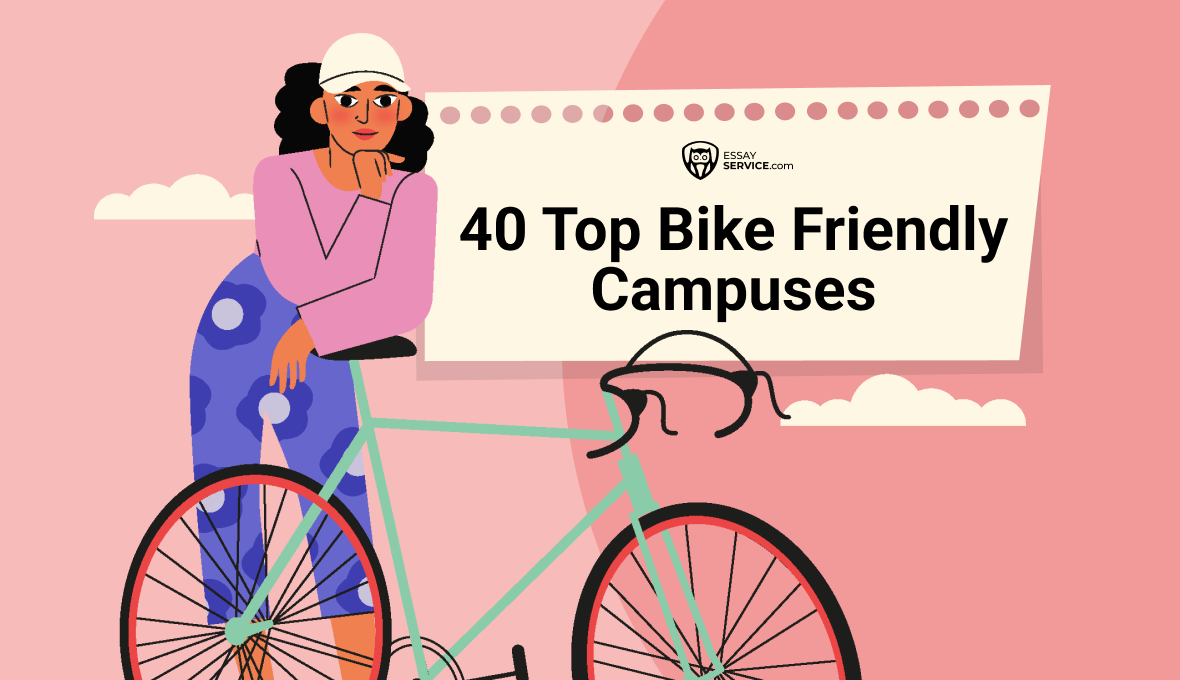In the world of kinesiology, we're not just talking about gym workouts. This field dives deep into the nitty-gritty of how every step, stretch, and sweat session impacts our overall health. Imagine being the person who understands the science behind what keeps us moving and feeling our best—that's the magic of kinesiology.
When you opt for a Bachelor's in kinesiology (also known as an exercise science program), you're gearing up for an exciting journey that lasts around 3-4 years. The beauty is that you get to choose whether you want the traditional on-campus experience or the flexibility of online learning.
Now, why is everyone buzzing about graduates with a kinesiology degree? It's not just about knowing the ins and outs of the human body; it's about being equipped to make a real difference in people's lives. Exercise physiologists, athletic trainers, and recreational therapists—all these roles play a crucial part in helping individuals achieve their peak physical well-being.
So, what about the best colleges for kinesiology majors? Why are they gaining so much traction? Well, stick around as we explain the perks and possibilities waiting for those who want to pursue the fascinating world of kinesiology.
What to Expect from a Kinesiology Program?
If you're into sports, fitness, or just curious about how our muscles and bones work together, kinesiology programs are where it's at. If you're thinking about diving into this field, let our experts at "write my college essay for me" service give you a heads-up on what's coming your way.
- Digging into how our bodies work: Get ready to roll up your sleeves and dive deep into understanding the ins and outs of our bodies. You'll be exploring how muscles, bones, and joints come together to create the incredible machine that is the human body.
- The science of exercise: Have you ever wondered why certain exercises work wonders for some people and not as much for others? In a kinesiology program, you'll learn the science behind it. From cardio to strength training, you'll find out how different types of exercise impact our bodies and how to tailor them for various needs.
- Hands-on learning: Say goodbye to boring lectures and hello to hands-on experiences. Kinesiology programs often involve practical sessions where you get to apply what you've learned. Expect to find yourself in the gym, clinic, or field, putting theory into practice.
- In-depth exploration of specializations: Kinesiology is a broad field, and you'll have the chance to explore different areas like sports medicine, physical therapy, or even fitness training. This is your opportunity to discover what aspect of kinesiology lights a fire in you.
- Understanding movement in real life: It's not just about textbooks and exams; you'll be looking at real-life scenarios. From analyzing how an athlete moves to understanding the mechanics of injury and recovery, your kinesiology journey is about making the science of movement relatable.
- Collaboration with peers: Get ready to work in teams. Kinesiology programs often involve group projects and activities. It's a chance to share ideas, pool knowledge, and tackle challenges together, just like you would in the real world.
- Connecting theory with everyday life: One of the cool things about kinesiology is that you'll see its applications everywhere – from the sports field to the clinic to your daily workout routine. It's about taking what you learn in the classroom and applying it to real-life situations.
So, there you have it – a sneak peek into the exciting world of studying kinesiology. Now, let's take the next step and explore the best colleges for kinesiology where you can kick off your career.

University of Virginia
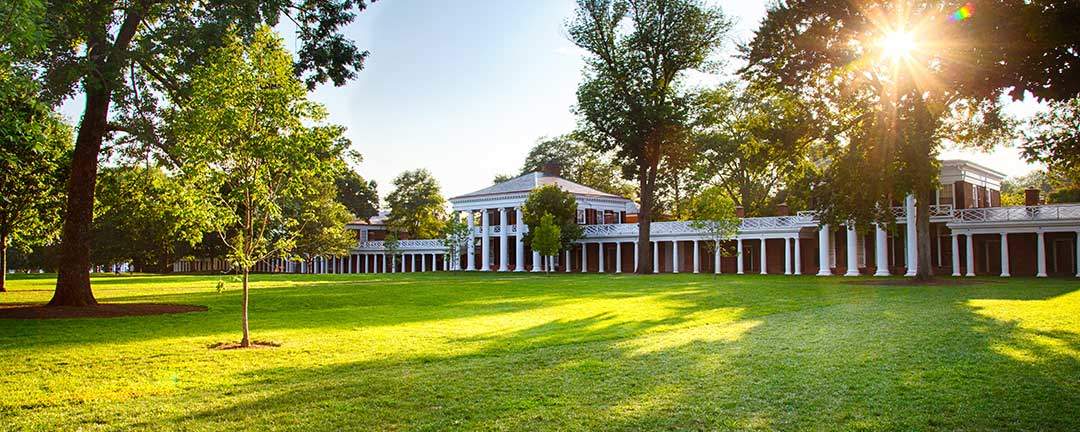
Now, let's take a closer look at what the kinesiology major at this college has to offer. At UVA, the journey goes beyond the books – their curriculum blends the science of human movement with real-world applications. Picture yourself exploring anatomy, exercise physiology, and biomechanics, gaining a solid understanding of how our bodies work. The exciting part? This college has got the whole package with cutting-edge facilities that make learning hands-on and engaging.
But it's not just about the labs – it's the people. Imagine being guided by experienced and passionate faculty members who don't just teach but inspire. They're the real deal, leaders in their fields, bringing a wealth of knowledge to the table. And speaking of real, UVA is all about hands-on experiences. You're not just crunching numbers or memorizing facts; you're out there, in modern labs and fitness centers, getting a feel for what you're learning. And it doesn't stop there – UVA understands the value of exploring beyond the classroom. Being the best college for kinesiology, it includes internships with big names in sports, healthcare, and more. This institution lets you step into the real world, gain experience, and make connections that count. Plus, there's a focus on research, giving you the chance to dive into projects that could redefine the future of kinesiology.
Jason David Allen
M.D.
Professor Allen heads the exercise physiology program, co-directs the Exercise Physiology Laboratories, and teaches various courses.
Martin E. Block
Ph.D
Professor Block's extensive research focuses on inclusive physical education for students with disabilities and promoting physical activity for individuals with autism spectrum disorder.
Michael Higgins
M.D.
Currently, he is recognized for his contributions to the Athletic Training profession, receiving the NATA Service Award and Most Distinguished Athletic Trainer Award.
Susan Saliba
M.D.
She currently teaches in the master of science in athletic training program and directs the undergraduate major in kinesiology.
Rice University

Shifting our focus to the next college - at Rice University the kinesiology program takes learning to new heights. This isn't your average college course – it's an adventure into the science of human movement with a touch of Rice's unique approach.
This college is renowned for its emphasis on research, and the C program is no exception. Students have the chance to engage in groundbreaking research projects, contributing to the advancement of knowledge in areas such as sports performance, rehabilitation, and preventive healthcare. This college is committed to the success of its students. The course offers support services, mentorship programs, and career development resources to ensure that graduates are well-prepared for diverse career paths in the field.
Bruce Etnyre
Ph.D.
In 2017, Bruce Etnyre, awarded Professor Emeritus, had been with the Kinesiology Department since 1984, conducting research on flexibility, movement studies, back pain, motor control, ACL surgical repair, and distractions while driving.
Karen Basen-Engquist
Ph.D.
She focuses on health interventions for cancer survivors, leading NCI-funded exercise studies and co-directing the PROSPR resource for participant-reported outcomes research.
Roberta H. Anding
M.S.
She's a member of local dietetic groups and serves as the Media Spokesperson for the Academy of Nutrition and Dietetics in Houston.
Heidi Y. Perkins
Ph.D.
She now serves as the Chair of the Kinesiology Department and received a promotion to Teaching Professor in 2019.
University of Southern California
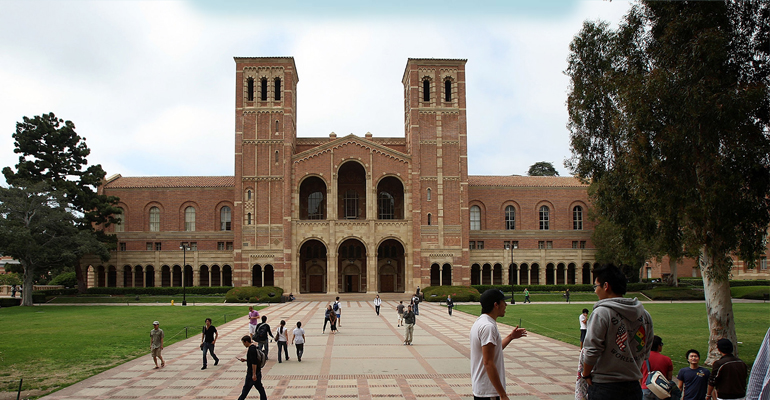
Choosing USC for your college studies means immersing yourself in a program that embraces innovation, technology, and a diverse range of applications. USC's kinesiology degree leverages the latest technologies in its curriculum. From motion analysis labs to virtual reality applications, students engage with state-of-the-art tools, enhancing their ability to analyze and assess human movement in various contexts.
With USC's strong emphasis on sports science, students delve into specialized areas such as sports performance optimization, injury prevention, and rehabilitation. The program's curriculum aligns with the college's commitment to excellence in athletics and sports-related fields. The college also offers a distinctive emphasis on clinical exercise physiology. This focus prepares students for roles in healthcare settings, emphasizing the application of kinesiological principles in clinical and therapeutic contexts.
Rebecca Abeles Sverdlov
Ph.D.
Doctor of Physical Therapy, University of Southern California, 2022
Claire Castiglioni Al-Rayess
Ph.D.
Doctor of Physical Therapy, University of Southern California, 2016
Ginelle C. Amormino
Ph.D.
Doctor of Physical Therapy, University of Southern California, 2003
Michael Andersen
Ph.D.
Doctor of Physical Therapy, Post Professional, University of Southern California, 2006
University of Georgia
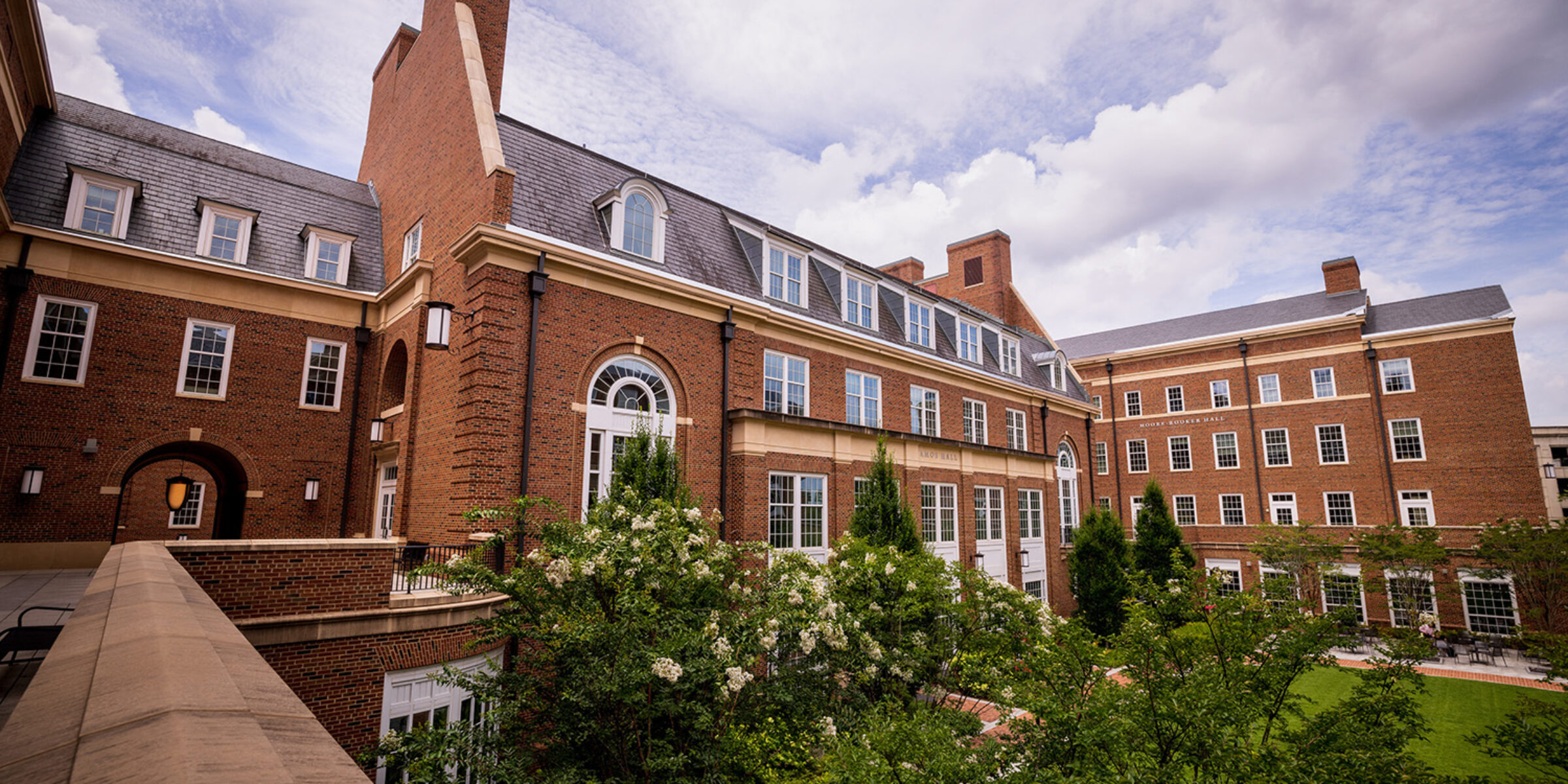
UGA's program boasts the Biomechanics and Motor Behavior Laboratory, providing students with a dedicated space for research and practical applications. The college is also actively involved in the Exercise is Medicine® initiative, a global health initiative that promotes the integration of physical activity into healthcare. Kinesiology majors benefit from this collaboration, gaining insights into the intersection of exercise, medicine, and public health.
Unique to this college course is a specialization in outdoor recreation and education. Students have the opportunity to explore how kinesiology principles apply to outdoor activities, adventure sports, and experiential learning, fostering a holistic perspective on movement.
Thomas Alexander Baker
Ph.D.
Dr. Baker, a former commercial litigator, is now a Professor in the Sport Management and Policy program at the University of Georgia, specializing in research that applies the law to sport management.
Jepkorir Rose Chepyator-Thomson
Ph.D., M.A., M.S.
She actively participates in committees at the department, college, and university levels, teaching courses in gender and sport, as well as public policy and sport.
Jamie A. Cooper
Ph.D.
In her role as a Professor and Department Head, she focuses on clinical nutrition, specializing in obesity and sports nutrition.
Deborah A. Barany
Ph.D.
At UGA, Dr. Barany directs the Brain and Action Laboratory, co-directs the Neurostimulation Laboratory, and teaches in the pre-clinical curriculum at the Augusta University/University of Georgia Medical Partnership.
University of Michigan-Ann Arbor
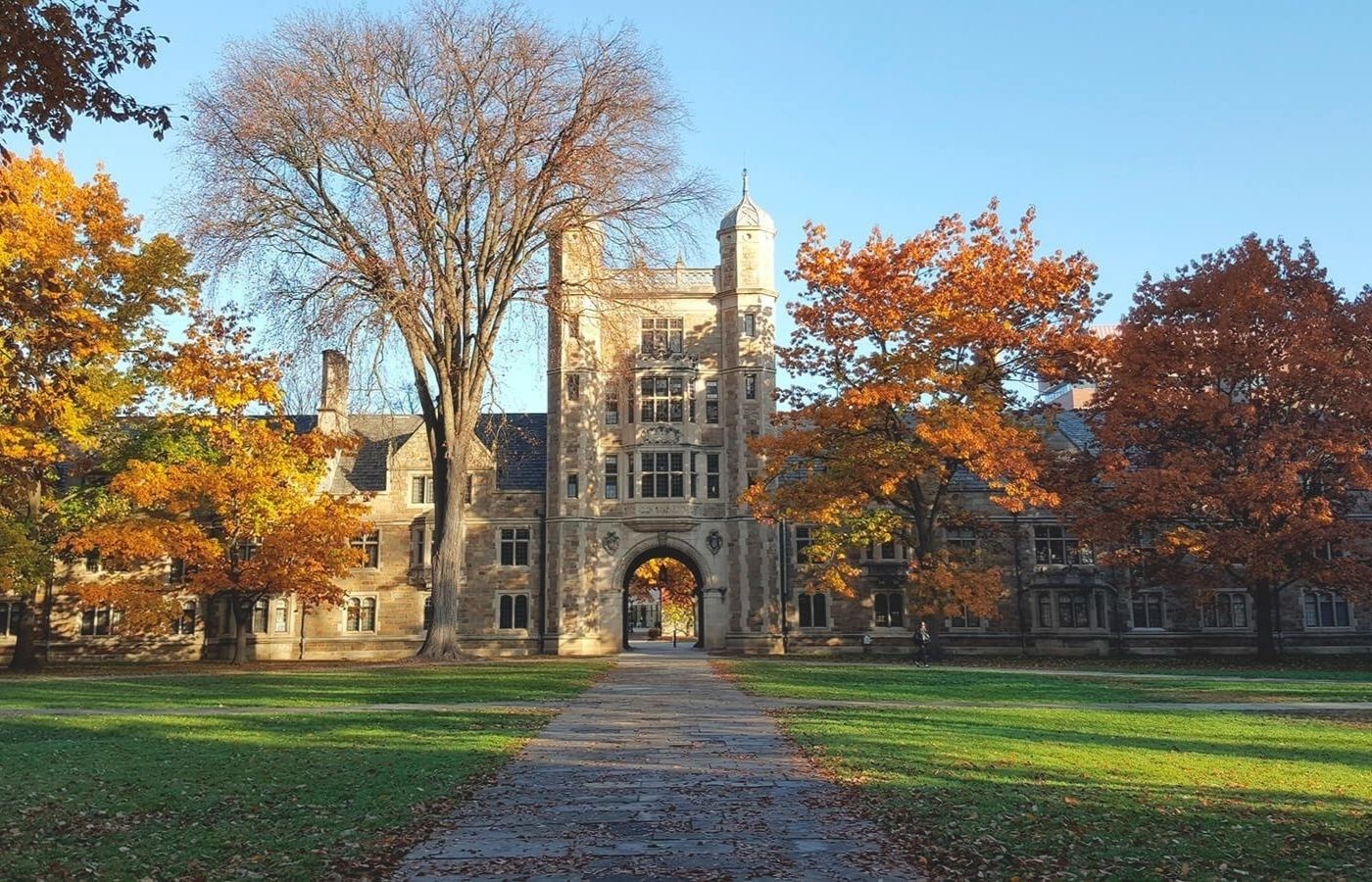
Being one of the best colleges for kinesiology, UMich takes pride in its multidisciplinary approach, blending elements of biology, physiology, psychology, and biomechanics. This comprehensive curriculum ensures students develop a nuanced understanding of the various factors influencing human movement.
The college's strategic collaboration with Michigan Medicine provides students with valuable exposure to healthcare settings. This partnership enhances students' understanding of the practical applications of kinesiology principles in clinical and therapeutic contexts.
Ketra L. Armstrong
Ph.D.
Dr. Ketra L. Armstrong holds key roles as the Director of Diversity, Equity, & Inclusion, and Director of the Center for Race & Ethnicity in Sport.
Kathy Babiak
Ph.D.
Currently serves as a professor of Sport Management and director of the Michigan Center for Sport & Social Responsibility.
Zachary Binkley
Ph.D.
Dr. Zachary Binkley is currently a clinical assistant professor.
Michele Bird
Ph.D.
Dr. Michele Bird, a clinical assistant professor of Applied Exercise Science at the University of Michigan School of Kinesiology since 2018, also operates a hybrid private practice providing in-person and telehealth services for physical therapy and wellness.
University of Miami

A notable feature of the college's program is its emphasis on sports medicine and rehabilitation. As a kinesiology major, you can delve into specialized coursework that prepares you for roles in clinical settings, with a focus on injury prevention, recovery strategies, and therapeutic exercises.
The program curriculum integrates nutrition and exercise physiology, offering students a holistic understanding of how diet and physical activity intersect for optimal health. This interdisciplinary approach prepares graduates to address the broader aspects of human well-being. This college focuses on developing leadership skills and fostering professional growth. Through mentorship programs, workshops, and networking events, students are equipped with the tools needed for successful careers in various kinesiology-related fields.
Magda Aldousany
Ph.D.
She is currently an Associate Clinical Professor in the Department of Kinesiology and Sport Sciences.
Brian Arwari
Ph.D.
His primary research focus is on the relationship between exercise and cognition, with expertise in electrophysiology.
Windy Dees
Ph.D.
Dr. Dees specializes in sports marketing and sponsorship, with a focus on the effectiveness of corporate partnerships.
Moataz Eltoukhy
Ph.D.
He is currently a Postdoctoral Associate at the University of Miami, with a background in production engineering and mechatronics from Alexandria University, Egypt.
University of Pittsburgh

A notable aspect of Pitt's kinesiology program is its collaboration with PIND. This partnership allows students to engage in cutting-edge research on neurodegenerative diseases, providing an interdisciplinary perspective on the relationship between movement and neurological health. Pitt's college program provides students with access to state-of-the-art Exercise Physiology Laboratories. Here, students can actively participate in research projects, gaining hands-on experience in studying the physiological responses to exercise and physical activity. The course at this college actively engages with the local community in Pittsburgh. Students have opportunities to apply their knowledge through community outreach programs, promoting physical activity and wellness within diverse populations.
Pitt's college program provides students with access to state-of-the-art Exercise Physiology Laboratories. Here, students can actively participate in research projects, gaining hands-on experience in studying the physiological responses to exercise and physical activity. The course at this college actively engages with the local community in Pittsburgh. Students have opportunities to apply their knowledge through community outreach programs, promoting physical activity and wellness within diverse populations.
Amy Aggelou
Ph.D.
She has extensive experience, having served as the program's clinical education coordinator for 10 years.
Mary Allias
Ph.D.
Mary Allias is the director of the Doctor of PA Studies Program and an associate professor in the Department of PA Studies.
Patti Anania-Firouzan
M.S.
With a background in health care and vendor settings, she brings extensive experience to her role.
Paul J. Arciero
Ph.D.
With a background as a performance and nutrition expert, he has advised Olympic medalists, world-class athletes, and business leaders globally.
Wake Forest University
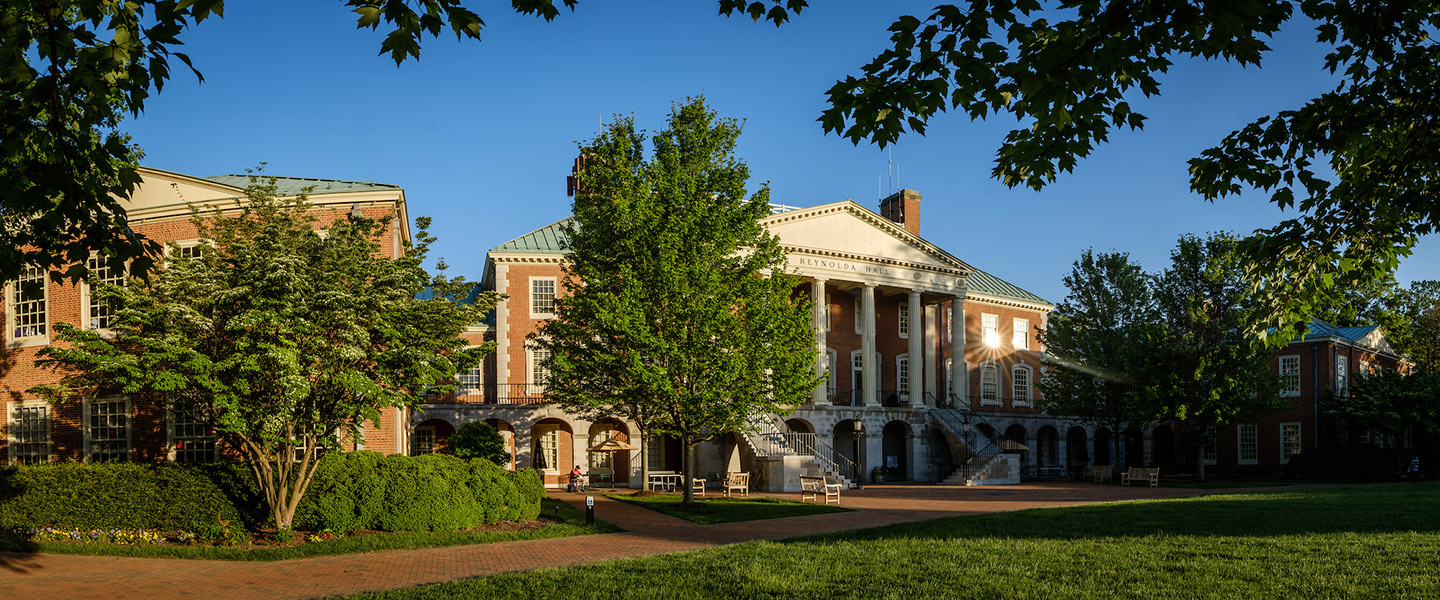
Wake Forest's program is enhanced by its location in the Reynolda Living Learning Center, providing a unique environment for experiential learning. The center offers modern facilities for research, practical applications, and collaboration between students and faculty. The college's strong affiliation with Wake Forest Baptist Health enriches the kinesiology program.
Students benefit from research collaborations, gaining insights into clinical applications of kinesiology principles in healthcare settings. This college course allows students to choose from interdisciplinary electives, enabling them to tailor their studies to their interests. This flexibility encourages students to explore intersections between kinesiology and related fields.
Peter Brubaker
Ph.D.
Peter Brubaker holds a Ph.D. and is currently a Professor and Chair in the Department of Health and Exercise Science at Wake Forest University in Winston-Salem, North Carolina.
Eliott Arroyo
Ph.D.
Dr. Eliott Arroyo holds a Ph.D. and is currently an Assistant Professor in the Department of Health and Exercise Science at Wake Forest University.
Kristen M. Beavers
Ph.D.
Her academic and professional interests center around the interdisciplinary study of nutrition and exercise, specifically in relation to the prevention and etiology of chronic disease and disability.
Michael Berry
Ph.D.
Teaches statistics and human physiology at both undergraduate and graduate levels, as well as an advanced exercise physiology class.
The University of Texas at Austin

The program at UT Austin places a strong emphasis on exercise physiology and metabolism research. As a kinesiology major at this college, you'll have opportunities to engage in projects that delve into the physiological responses to exercise, metabolic adaptations, and the impact on overall health. UT Austin's strategic collaboration with Dell Medical School enhances the kinesiology program.
This partnership provides students with opportunities for interdisciplinary research and exposure to clinical applications of kinesiology principles within a medical setting. Overall, the college's unique features make the Kinesiology program at UT Austin a compelling choice for those seeking a comprehensive and forward-thinking education in the science of human movement.
Lawrence D. Abraham
Ph.D.
He serves on Graduate Studies Committees in Kinesiology, Neuroscience, Biomedical Engineering, and STEM Education, with research interests in motor skills, biomechanics, motor coordination, and instructional technology.
Matthew Bowers
Ph.D.
Dr. Matt Bowers is currently a faculty member in the Sport Management program within the Department of Kinesiology and Health Education.
Don S. Crowley, Jr
Ph.D.
Don Crowley is a faculty member in the Department of Kinesiology and Health Education, also serving as an American Red Cross Instructor Trainer, USA Swimming and Diving Coach, and an education board member of the National Drowning Prevention Alliance.
Brian K. Farr
M.A.
Brian Farr has been the Director of the Athletic Training Program since its inception in 2002, leading it through various accreditations and receiving numerous awards for his contributions to athletic training education.
University of Florida

UF's kinesiology program is designed to provide students with a well-rounded and innovative education in the field of human kinetics, offering unique features that set it apart. The college places a strong emphasis on biomechanics and motor control research. Students engage in projects that contribute to advancements in understanding kinesiology and exercise science, particularly, how the body moves, exploring everything from athletic performance to rehabilitation techniques.
With a dedicated focus on sports medicine and rehabilitation, this college program prepares students for careers in clinical settings. The curriculum integrates principles of injury prevention, rehabilitation techniques, and therapeutic exercises to equip graduates for impactful roles in healthcare.
Garrett Beatty
Ph.D.
Dr. Garrett Beatty, a University of Florida graduate, became a lecturer in the College of Health & Human Performance in 2015, specializing in emotional regulation and attentional mechanisms in athletes.
Paul Borsa
Ph.D.
As the director of the Sports Medicine Research Laboratory, his research focuses on the kinematical and mechanical behavior of the shoulder joint, as well as the use of phototherapy in treating musculoskeletal injuries.
Thomas Clanton
Ph.D.
Researches skeletal and cardiac muscle biology, specifically the role of reactive oxygen species and the origins of heat stroke, funded by the National Heart, Lung, and Blood Institute.
Blain Harrison
Ph.D.
Blain Harrison joined in 2016, teaching and coordinating graduate internships in the College of Health & Human Performance.
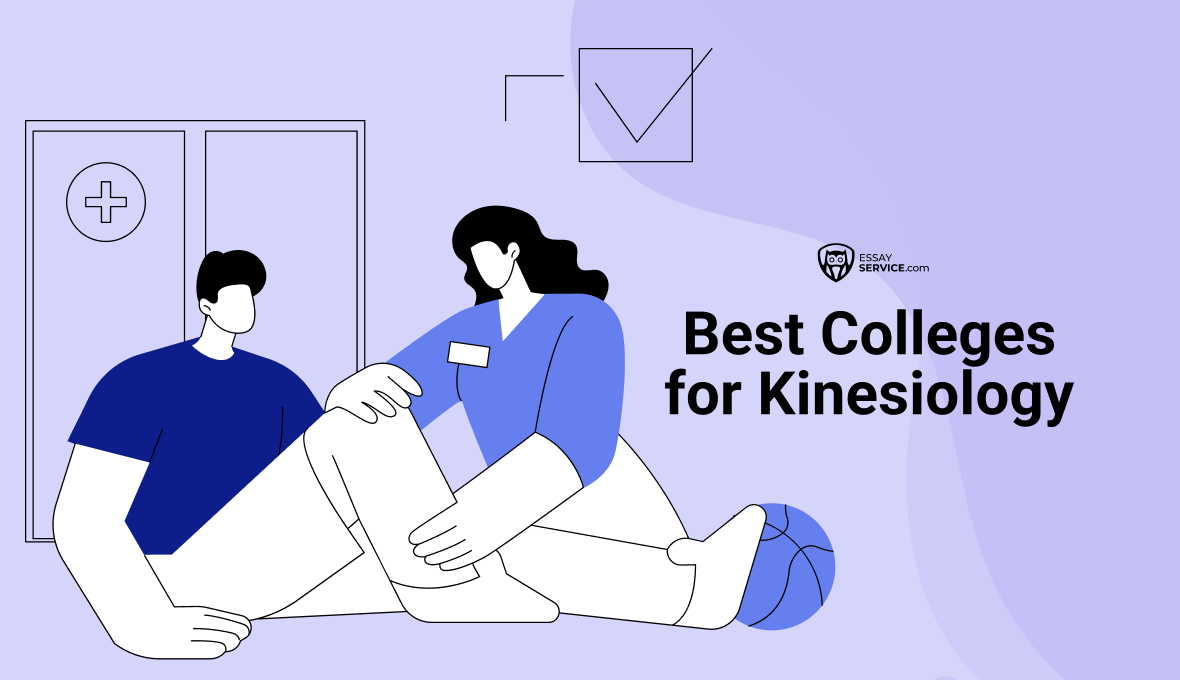


.webp)
